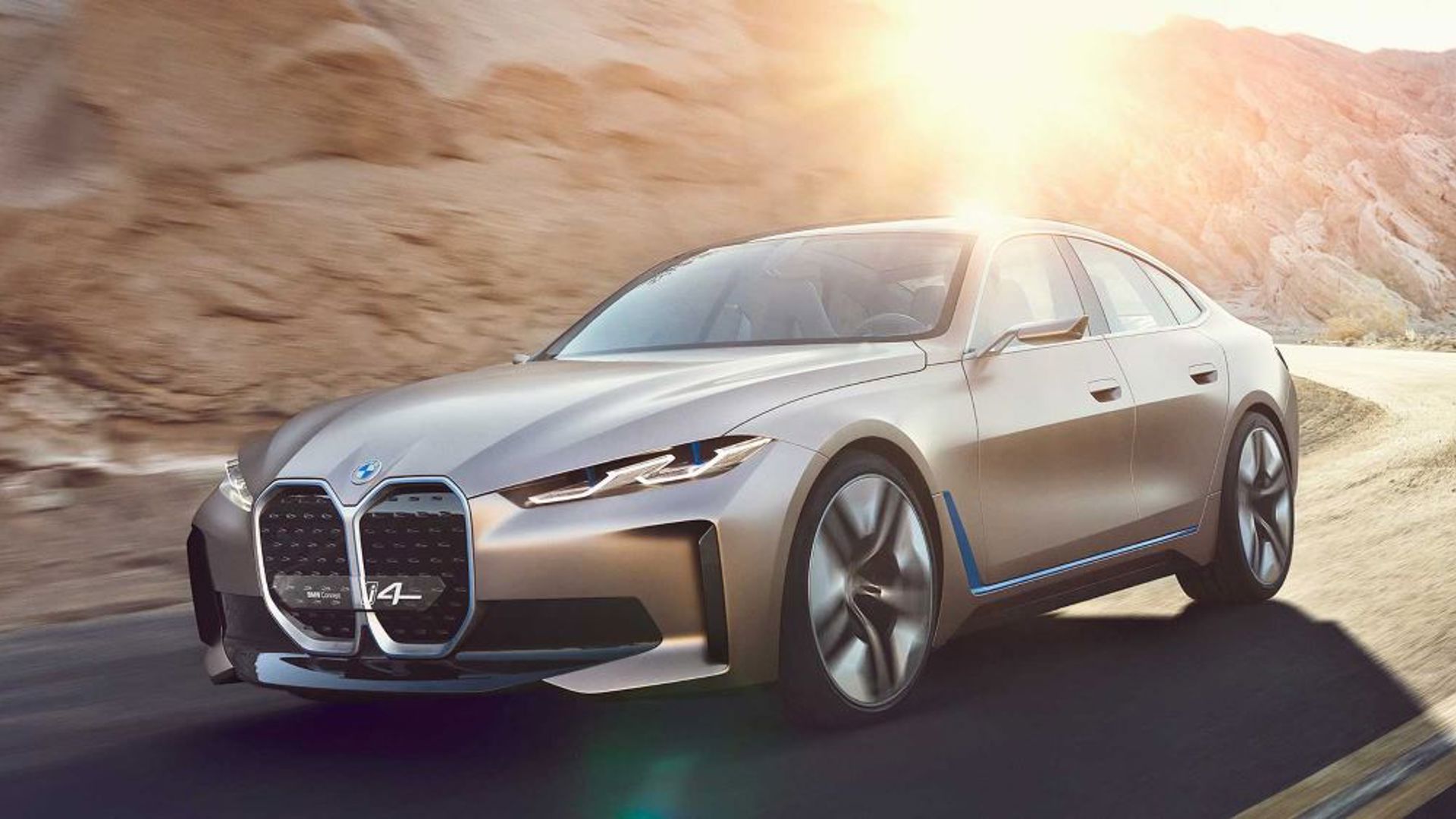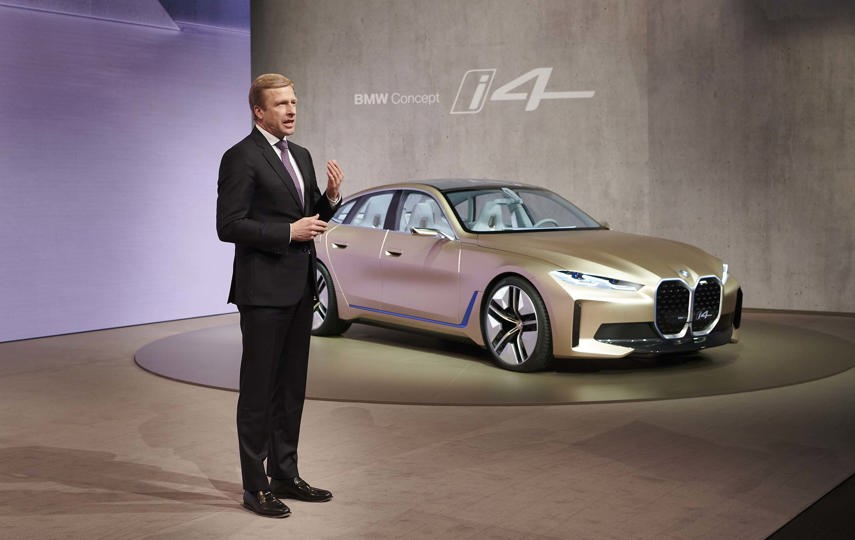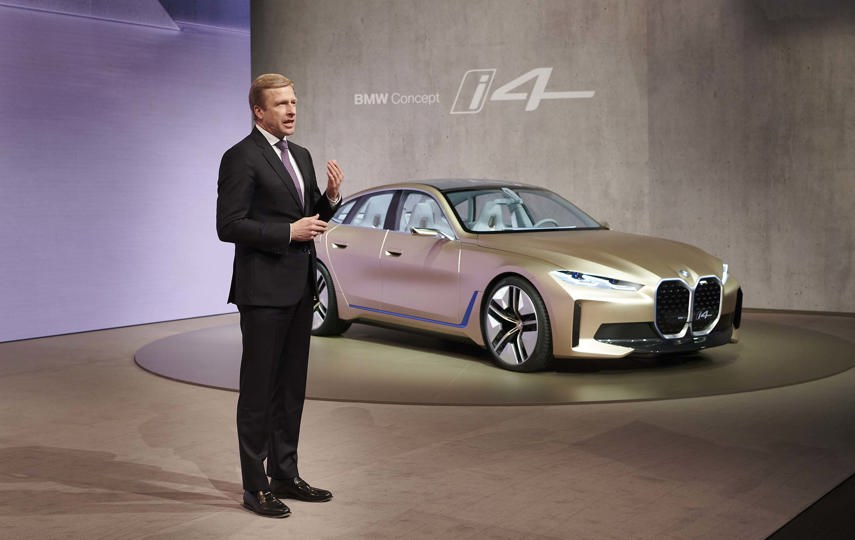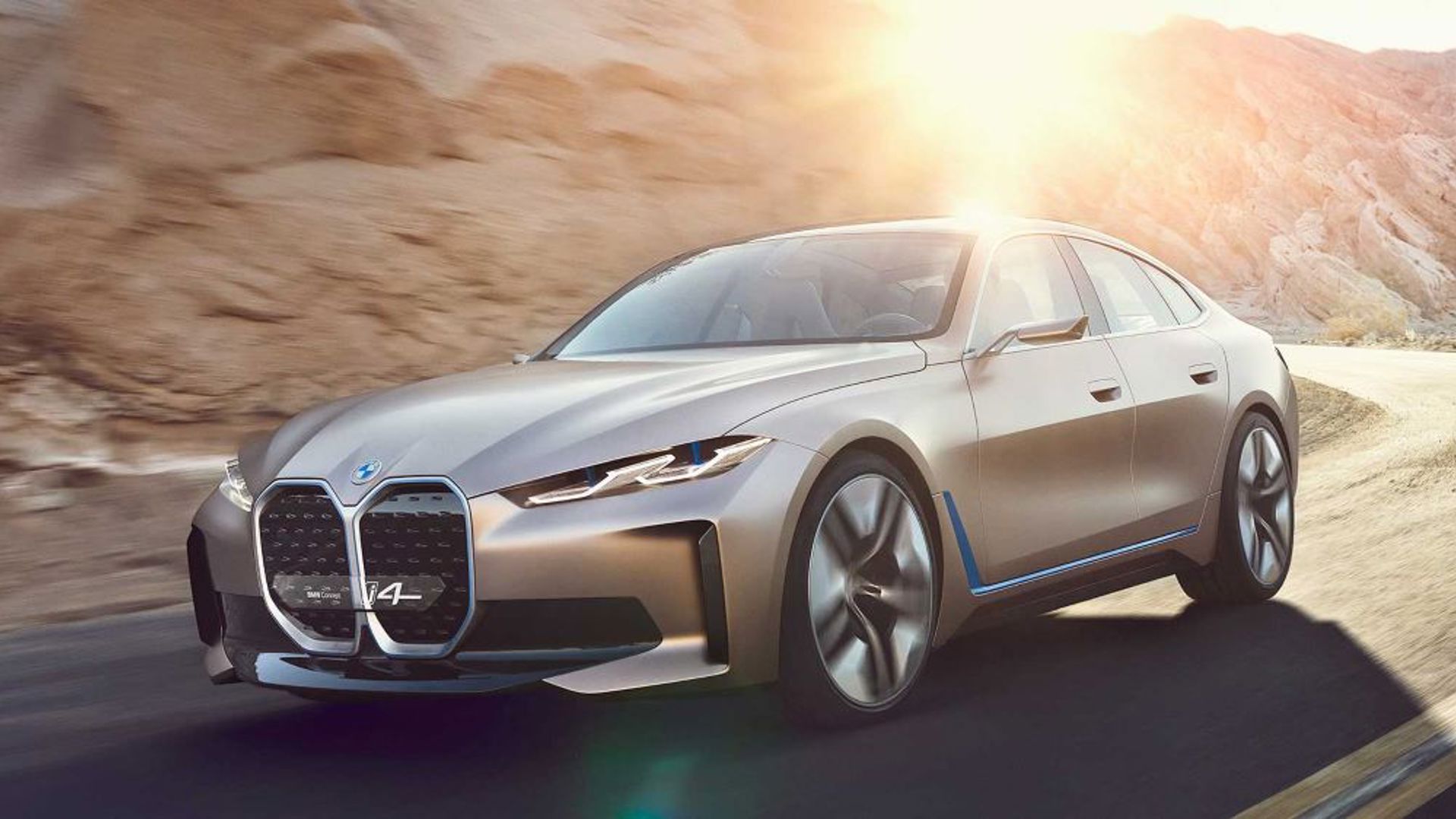As is the case with all automakers, BMW is looking at an electric future. With the main cost driver in EVs being the battery, BMW established its Battery Cell Competence Centre in Munich last year – a 200-million euro research and development facility where BMW has pooled around 200 experts from all over world to... er, plug away at battery cells.
The Future of Batteries
When it comes to batteries, energy density is at the centre of the debate, and the engineers at BCCC are not toiling away on their own. Cooperation is key. BMW works with numerous external project partners, be they other OEMs, start-ups, or institutes. As Jan Freimann, BMW’s expert on future mobility, says, “We need to be aware of any innovation that could be available, instead of being taken by surprise. We can’t learn this all by ourselves.”
There are other factors besides energy density that keep battery engineers up at night. Temperature performance is one, as we in Canada know full well that battery performance degrades in cold weather. Charging behaviour and battery longevity are other challenges the engineers face – customers expect the same performance from the cell, even for used cars.
With lithium-ion batteries nearing their full potential, are there any new breakthrough technologies on the horizon? The next “big thing” seems to be the solid-state battery wherein the liquid or polymer electrolyte found in current lithium-ion batteries is replaced with a solid. Solid-state batteries are smaller, lighter, more energy dense, have a longer lifespan, charge faster, and don’t require cooling. Sounds like the magic bullet, right? Toyota certainly thinks so, and is investing heavily in this technology, among other automakers. Despite recent advances, Freimann projects it will be another ten years before solid-state batteries hit the mainstream.

Cost and Sustainability
Aside from the technology itself, cost is arguably the biggest concern for battery engineers. At this point in time EVs make for a terrible business case. Heck, even Tesla can’t seem to generate a profit. On both ends (manufacturer and customer), batteries are the main cost driver in electric cars, with 80 per cent of that price tag being driven by materials.
BMW says it goes for full transparency – all sources are scrutinized with regard to environmental responsibility and human rights. That said, the only way to stay cost-effective is for BMW (along with just about every other automaker) to source its battery cells from leading Asian manufacturers. China is focused on controlling the world’s lithium-ion battery supply, having the advantages of cheap labour and huge lithium reserves – about 30 times greater than those of the US.
It’s a precarious situation as we peer towards a battery-driven future. BMW is looking at battery cell self-production down the road through sourcing cobalt from Australia and Morocco, and lithium from Australia. Solid-state batteries would use considerably fewer mined elements – but they are, as mentioned, years away.

The Truth of Carbon Neutrality
So, fossil fuels are unsustainable and electric vehicles are the key to a clean, green future. But how green? If you’re looking at the complete picture, from mine to recycling facility, it gets complicated.
Lithium-ion batteries are made up of a cocktail of elements: nickel, cobalt, lithium, manganese, copper, rare earths, and aluminum. Lithium is one of the lightest elements and has the strongest electrochemical potential. Yet there’s nothing “green” in the way these elements are extracted from our mother earth. Mining the raw materials for the lithium-ion battery is a destructive and carbon-spewing enterprise.
This is followed by refining, battery cell manufacturing, product implementation (the use cycle), and then recycling and recovery of useful materials. Throw in research and development, and transportation at each stage of the process, and suddenly your EV faces a long road to becoming carbon-neutral – if ever.
And that’s before factoring in where your zero-emissions vehicle’s power comes from. Hydro, wind, solar – great! Coal? Almost a lost cause.
Best-case scenario? BMW says its i3 EV (not the version with the range-extender engine) – under ideal conditions and using sustainably produced electricity – can reach carbon neutrality at about the 50,000-km mark. This from a lightweight, fully carbon-fibre urban lunchbox with a relatively small battery pack, an interior crafted from sustainable materials, and built in factories that use 100 percent renewable energy. And that’s assuming that 90 per cent of the i3 will be recycled. Indeed, we are peering into a Petri dish here with this i3 scenario, but it shows it can be done.

The Road Ahead
Electric mobility sceptics have a saying: there are three kinds of liars – liars, damn liars, and battery engineers. So, are things really progressing?
Actually, yes.
Looking at the BMW i3 EV, the energy density of its lithium-ion battery pack has doubled since its 2013 launch, and is expected to double again by 2030. Battery cost has fallen too – about 85 percent from 2010 to 2018 to an average of US $176/kWh. Research organization BloombergNEF projects the price will fall to US $62/kWh by 2030.
Freimann says EV profitability for BMW will arrive with their fifth-generation electric platform. This platform will debut in the 2021 BMW i4 electric sports sedan – one that will butt heads with the Tesla Model 3. Initial reports (although not official EPA figures) peg the range of the BMW i4 at 600 km – more than double the i3’s 246-km range.
BMW’s tagline right now is Power of Choice, meaning the manufacturer will be offering customers multiple powertrain choices as the electric future unfolds. Looking into its crystal ball, BMW expects to be producing only battery electric vehicles (BEV) and fuel-cell electric vehicles (FCEV) by 2050, but the good old internal combustion engine (ICE) should soldier on until about 2040, as will the plug-in hybrid (PHEV).
Big changes are coming, and sooner than you might think. While the i3 is currently BMW’s only fully electric vehicle, the automaker will offer 25 electrified vehicles by 2023, with more than half of those being full BEVs. Additionally, BMW projects that by 2030 a full 50 percent of vehicles sold in Europe will be EVs, with the US reaching 30 percent.



